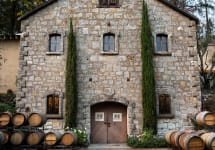Mayacamas Cabernet Sauvignon 2020
-
James
Suckling - Vinous
-
Wine
Spectator -
Robert
Parker



Product Details
Your Rating
Somm Note
Winemaker Notes
The 2020 is dense, dark, and brooding. An inviting richness comprised of black fruits: mountain berry, plum, and cherry. The intensity of the fruit profile is threaded by clove, leather, and dried herbs. A luxurious profile, savory tannin core with a persistent finish accented by cacao and menthol.
Professional Ratings
-
James Suckling
A creamy texture surrounds pretty floral and black fruit flavors in this elegant, poised wine. It escaped the vintage's smoke effects, and offers pure blackcurrant and black cherry flavors that expand on the palate and linger in the finish. Medium- to full-bodied. Made from 100% cabernet sauvignon. From organically grown grapes.
-
Vinous
The 2020 Cabernet Sauvignon is one of the wines of this very challenging harvest. Dark and imposing, the 2020 is packed with black fruit, cloves, leather, menthol, chocolate and dried herbs. This is an especially dense, potent Cabernet. There is some aggressiveness to the tannins, but that is the vintage. Overall, this is impeccably done, especially within the context of the year.
-
Wine Spectator
This is zesty and lively, with good energy (especially for a '20) to the mix of bramble, sweet bay and chaparral notes liberally infusing its core of black currant and bitter plum fruit. Taut and structured, with a cast iron note bolting through the finish. Needs some time to settle in but is loaded with character and nicely done for the vintage. Best from 2027 through 2037.
-
Robert Parker's Wine Advocate
The grapes for Mayacamas's 2020 Cabernet Sauvignon were harvested between September 5th and 16th, well before the Glass Fire. To mitigate any possible smoke exposure from the LNU Complex Fires, the fruit was rinsed, maceration times were shortened, and the press wine was kept separate (and ultimately mostly bulked out). The results speak for themselves, as the wine offers up clean cassis, cherries and blueberries, plus hints of sage and cracked pepper. It's medium to full-bodied and firmly built, with dusty tannins on the finish. Rating: 92+
Other Vintages
2019- Vinous
-
Jeb
Dunnuck -
Wine
Spectator -
James
Suckling -
Robert
Parker
-
Wine
Spectator -
Wine
Enthusiast -
Robert
Parker -
Wine &
Spirits
-
Wine
Spectator
-
Wine
Spectator -
James
Suckling -
Wine &
Spirits
-
James
Suckling -
Jeb
Dunnuck - Vinous
-
Wine
Spectator -
Tasting
Panel -
Robert
Parker -
Wine &
Spirits
-
James
Suckling - Decanter
-
James
Suckling -
Wine
Spectator -
Jeb
Dunnuck
- Vinous
- Decanter
- Vinous
-
James
Suckling -
Robert
Parker
-
James
Suckling -
Robert
Parker -
Jeb
Dunnuck
-
Robert
Parker
-
James
Suckling
-
Robert
Parker
- Vinous
-
Robert
Parker
-
Wine
Spectator
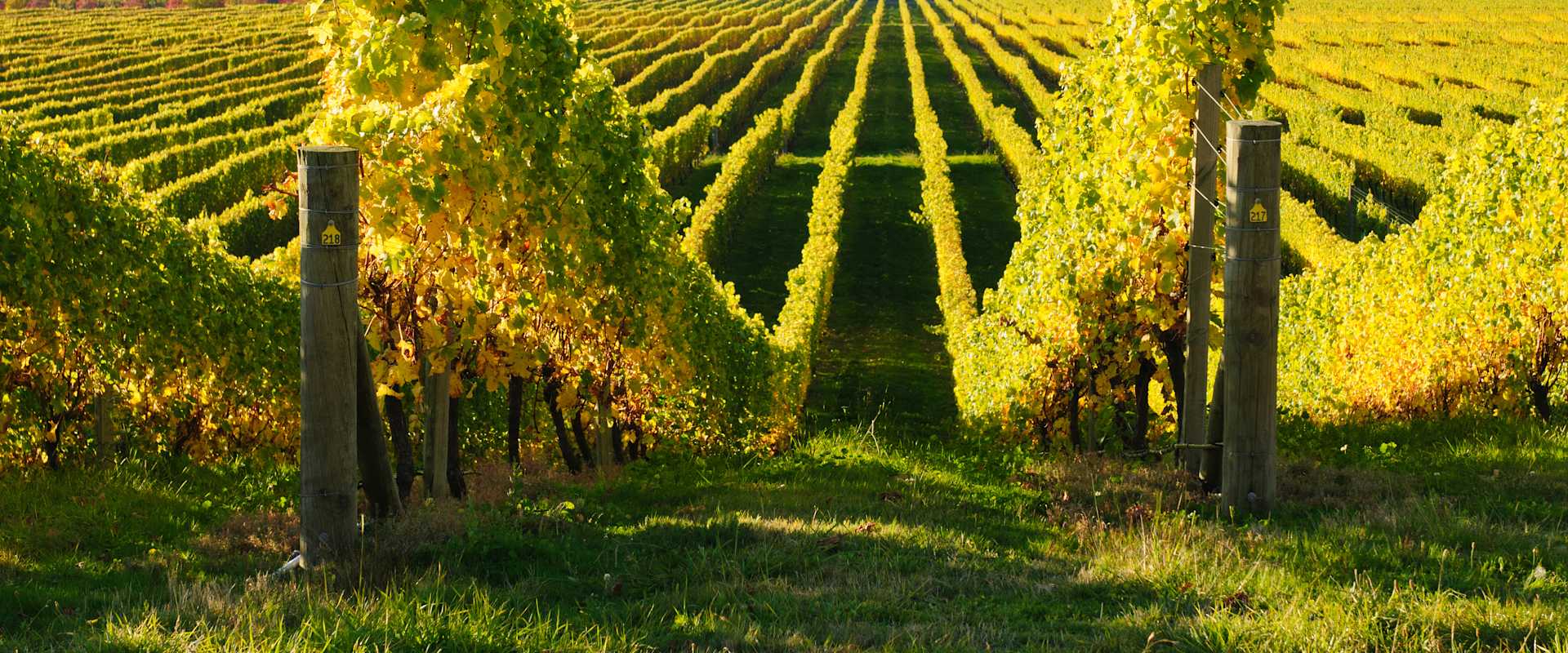
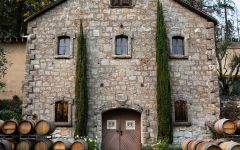
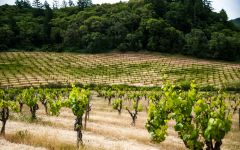
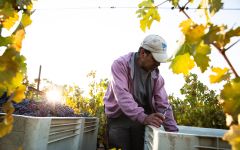
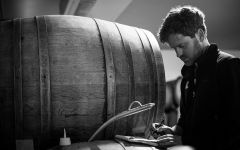

Founded in 1889, Mayacamas stands as one of the most storied vineyard and winery operations in the history of American wine. Through its more than 125 years of production, Mayacamas has earned its place as a standard-bearer of traditional winemaking, and the source of some of California’s most iconic and longest-lived bottles.
Named for mountain range that divide the Napa and Sonoma valleys, the old stone winery was dug into the side of a dormant volcano crater in 1889 and has remained in production ever since. For generations, methods and tools have been passed from owner to owner, and the Mayacamas style has remained remarkably consistent.
As the newest owners in a lineage of pioneering caretakers spanning numerous generations, we faithfully steward Mayacamas towards a bright future, ever mindful of the great traditions of the past. Since 2013, our team has worked tirelessly to restore all aspects of the Mayacamas operation, ensuring continued success for this unique American story.

A noble variety bestowed with both power and concentration, Cabernet Sauvignon enjoys success all over the globe, its best examples showing potential to age beautifully for decades. Cabernet Sauvignon flourishes in Bordeaux's Medoc where it is often blended with Merlot and smaller amounts of some combination of Cabernet Franc, Malbecand Petit Verdot. In the Napa Valley, ‘Cab’ is responsible for some of the world’s most prestigious, age-worthy and sought-after “cult” wines. Somm Secret—DNA profiling in 1997 revealed that Cabernet Sauvignon was born from a spontaneous crossing of Cabernet Franc and Sauvignon Blanc in 17th century southwest France.

Centered at the peak for which it is named, Mount Veeder is Napa’s largest sub-AVA. But even though the entire appellation spreads over 16,000 acres, vineyards cover a mere 1,000. Scattered among Douglas firs and bristlecone pines, Mount Veeder vineyards extend south from the upper elevations of the Mayacamas Mountains—the highest point at 2,400 feet—to the border of the Carneros region. Less than 25 wineries produce wine from Mount Veeder fruit.
Winemaking began early in this appellation. In 1864, Captain Stelham Wing presented the first Mount Veeder wine to the Napa County Fair; it came from today’s Wing Canyon Vineyard. Prohibition, of course, halted winemaking and viticulture wasn’t revitalized until the founding of Mayacamas Vineyards in 1951 and Bernstein Vineyards in 1964.
The Bernstein Vineyards was actually home to the first Petit Verdot in California, planted in 1975. Today most of the Petit Verdot in Napa Valley originates from this vineyard.
Rocky volcanic clay and ancient seabed matter dominate Mount Veeder soils—perfect for Bordeaux varieties. Cabernet Sauvignon, Merlot, Malbec, Cabernet Franc and Petit Verdot enjoy spectacular success. These varieties produce wines rich in brambly blackberry and black cherry fruit with herbal and floral aromatics. Structures are moderate to assertive and wines have great staying power.
Chardonnay from Mount Veeder is lush, full and balanced mineral and fresh citrus flavors.
